It’s Respiratory Virus Season

Seasonal viruses cause many people to get sick or die each year.
In the 2023 flu season, the CDC estimates there were 17,000 flu-related deaths in the United States. Influenza is spread mainly through droplets from another infected person who coughs, sneezes, or talks. Occasionally you can catch the flu by touching a surface with the virus on it and then touching your mouth, nose, or eyes. The CDC recommends everyone aged six months and older should get a flu vaccine every season with a few exceptions.

What is RSV?
In 2023, approximately 14,000 older adults in the United States died from RSV (Respiratory Syncytial Virus). RSV is a significant cause of respiratory illness, especially in young children and older adults. Protecting yourself from RSV is important because it can reduce hospitalization, prevent severe illness, and prevent the spread of the virus to other people.
It is also recommended for pregnant women during weeks 32-36 of their pregnancy, adults ages 60-74 who are at increased risk of severe RSV, and everyone ages 75 and older.
Vaccines for infants are available at pediatricians’ office and health centers.

Could it be Covid?
In 2023, the United States saw approximately 244,986 COVID-19 related deaths. There are precautions you can take to prevent serious illness from COVID-19. The safe and effective vaccine is the best way to build protection.
It is recommended that everyone 6 months and older get protected through immunization against COVID-19 virus, especially those with elevated risk such as those over the age of 65, have an underlying health condition, pregnant women, those living in long term healthcare facilities, and healthcare workers.

How to Protect Yourself Against Seasonal Viruses
Where can you go to get a vaccine?
How to tell the difference between the flu, covid-19, RSV, and the common cold
Common symptoms may include cough, headache, sneezing, runny nose, and congestion.
Different symptoms may include…



